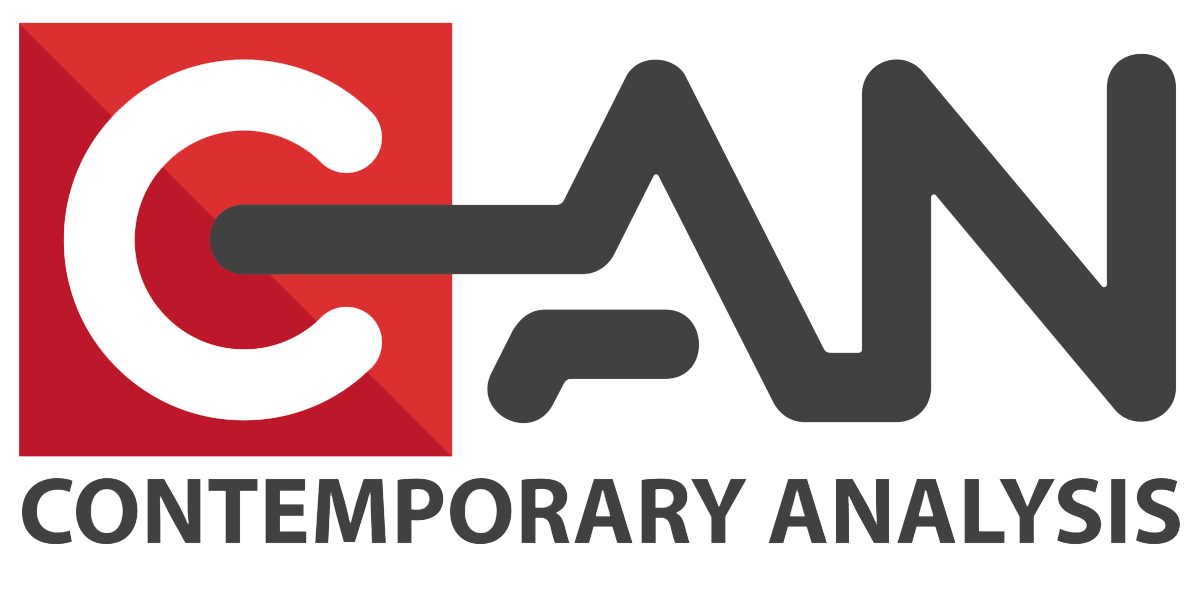Science is the systematic study of a phenomenon that includes observation and experimentation to explain and understand why things happen. We can use science to explain almost everything in our universe from the effects of gravity to the impact on sales of your latest marketing campaign. However, it is important to understand that there are two types of sciences, simple and complex, and that the answers they produce are different.
In simple sciences, such as physics and chemistry, the best possible answer is exact and often is not subject to changes. For example, gravitational acceleration of objects in a vacuum is 32.2 ft/s2 no matter the size, density, or shape of the object. While in the complex sciences, such as economics, data science and biology, the best possible answer can never be exact and is almost always relative to time and situation. For example, under the current situation if inflation increases and interest rates go up in the next 3 month the S&P 500 might increase in value 400 points with a 25% margin of error. The reason for these more complex answers is because complex sciences can not study things in a vacuum.
People often struggle with the scope of the problems that economists and data scientists answer, because they want exact answers with universal truths that hold across different situations and time periods. However even though an exact answer is not possible it does not mean that the answers are invaluable or non-scientific, but rather are more complex. When thinking about problems, it is important to keep in mind the scope of the problem being solved. Specifically; can the problem be solved using simple sciences such as physics and chemistry or complex sciences such as economics and biology. The difference between simple and complex science isn’t the level of importance or the difficulty of the problems, but instead the answers. (Why Predictive Analytics is Important)
Simple Science vs. Complex Science
Nate Watson
July 27, 2011
